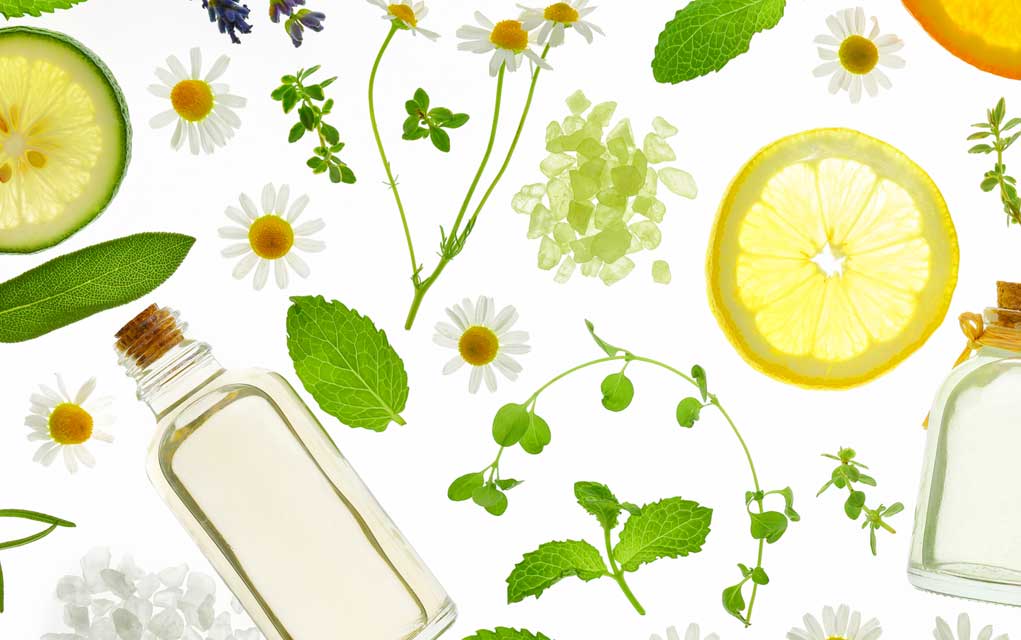Hello everyone, welcome to our first blog post! We're so excited to take this journey with you as we continue our knowledge and share with one another. Going off our business namesake, we feel it’s only necessary to dive right into the fundamental difference of natural vs organic skincare. "Why stop at all natural when you can go all the way."

NATURAL SKINCARE:
Let's begin when skincare claims to be natural as there are several factors at play here. The cosmetic industry is one of the least regulated industries, and this can create many products and companies to state false claims. When a product claims to be natural it will have enough percentage of ingredients (at least 50%) that were naturally sourced; however, since being sourced they could have undergone many chemical processes rendering their raw and natural offerings null. Even though an ingredient could have started out pure and filled with nutrients, not knowing all the chemical processes it went through could actually be worse than some 'chemical compound' ingredients. This is the natural skincare marketing gimmick that is not regulated at all by any government or privatized organization.
Some natural skincare can be good and maintain the integrity of ingredients, the problem lies in the unknown. We have to trust the product makers as well as read the ingredients label to decipher between these differences, and that's where the onus lies upon us. This is what leads us to...
ORGANIC SKINCARE:
Products claiming to be organic need to be made with a minimum of 70% organic ingredients. This is a big factor as to why organic is better than natural, because there are regulations with organics as there are none with natural. Organic ingredients have been farmed without the use of pesticides, artificial fertilizers and other chemicals, and are non-GMO.
The integrity and transparency from company to consumer is very important due to so many variables. A product could technically be comprised of 60% organic ingredients and 40% water (water cannot ever be considered organic) and that specific product can never be labeled as 'organic'. Some ingredients will also be listed with their scientific name; for example, sodium chloride. This is salt (which is another example of an ingredient that can never be called organic), and is used as a preservative in many natural and organic skincare products.

At the O Word we are passionate about this education and providing the best skincare products made from the best ingredients. With our skin being the largest organ in our bodies it's important to take care of it. Together let's continue our knowledge and stay intellectually humble.


